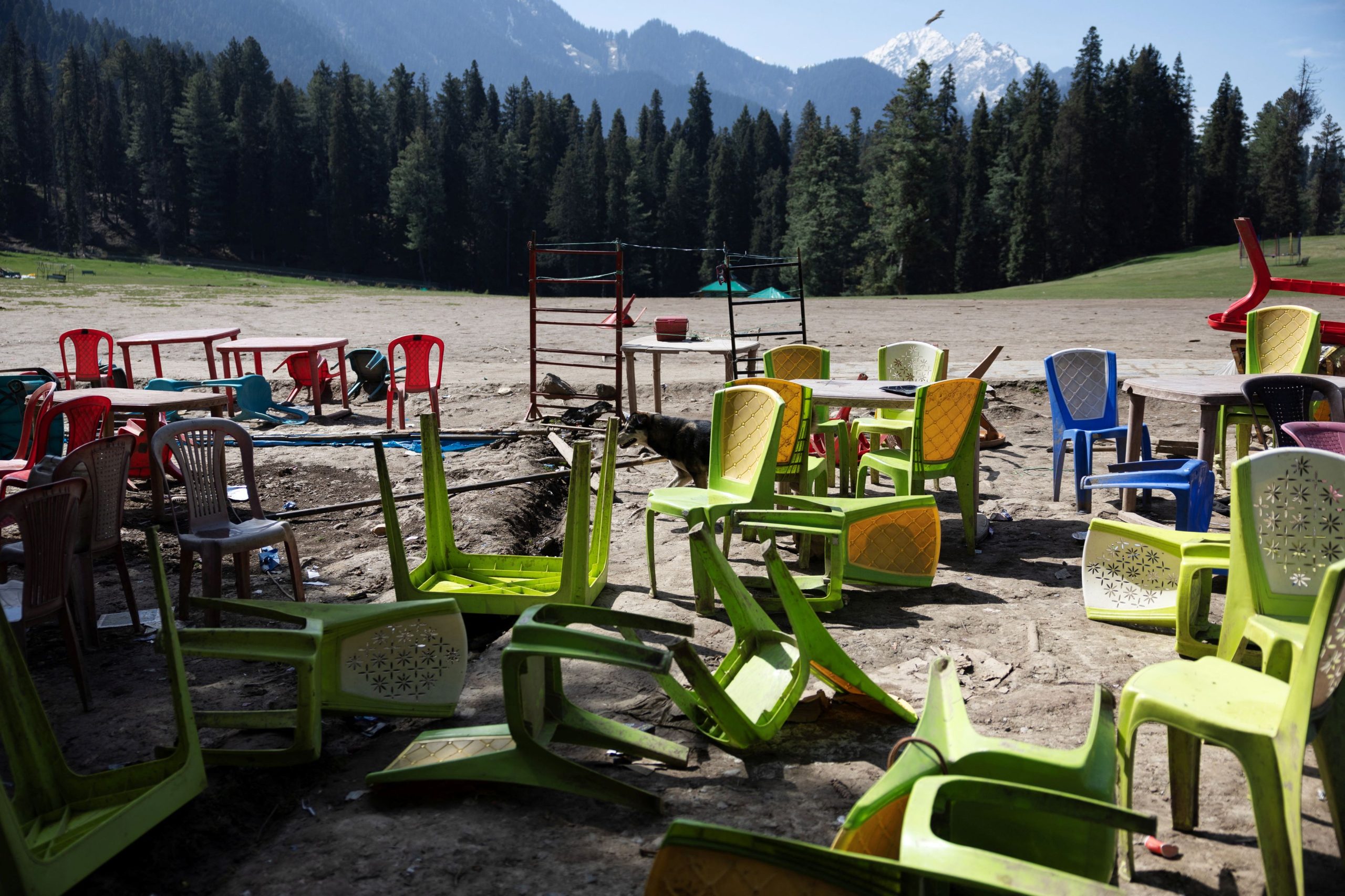In the tranquil meadows of Baisaran Valley, Pahalgam, a serene morning turned into a scene of horror as gunmen opened fire on unsuspecting tourists, leaving 26 dead and 17 injured in what has become the deadliest civilian attack in Kashmir in nearly two decades.
The militant group “Kashmir Resistance” claimed responsibility on social media, citing opposition to the recent laws enacted by the Indian government, which they argue are aimed at altering the region’s demographic composition by allowing non-locals to settle and buy land in Kashmir. These changes, critics say, are fueling fears among some groups that Kashmiri identity and Muslim-majority status are being intentionally diluted, contributing to a narrative of being turned into “outsiders” in their own homeland.
In response, India has intensified security operations, deploying military across South Kashmir to locate the assailants. Prime Minister Narendra Modi cut short an overseas trip to address the crisis, while Interior Minister Amit Shah visited the attack site and met with victims’ families, according to Reuters.
The attack had a swift but severe impact on local tourism. Major Indian airlines, including Indigo and Air India, added extra flights out of Srinagar and offered full refunds to passengers canceling travel plans as ticket prices skyrocketed, as reported by The Economic Times.
Diplomatic relations between India and Pakistan have further deteriorated. On Wednesday, India suspended the Indus Waters Treaty, a longstanding river-sharing agreement, and closed the main land border crossing with Pakistan. In response, Pakistan condemned these actions, labeling the treaty suspension as “water warfare.”
“India’s reckless suspension of the Indus Waters Treaty is an act of water warfare; a cowardly, illegal move,” said Awais Lekhari, Pakistan’s Power Minister, in a post on X Wednesday night.
Local communities, already strained by decades of conflict, now face renewed fear and instability. Schools in Anantnag and Pulwama districts were closed, and curfews were imposed in several towns. Civil society groups and researchers warn that the growing militarization, including checkpoints and random searches, is eroding trust between residents and the state.
Financial markets have also reacted to the escalating tensions, with the Indian rupee weakening by 0.3% against the dollar and bond yields rising. As both nations navigate this crisis, the international community watches closely, hoping for de-escalation and a return to dialogue.








